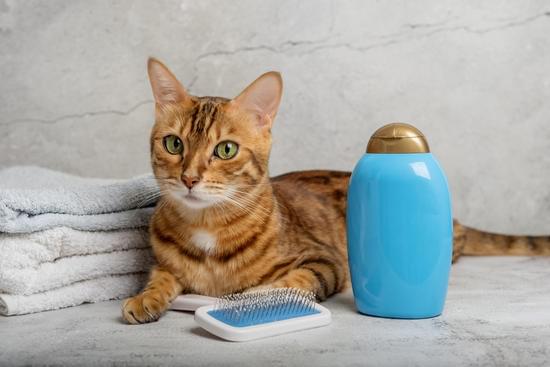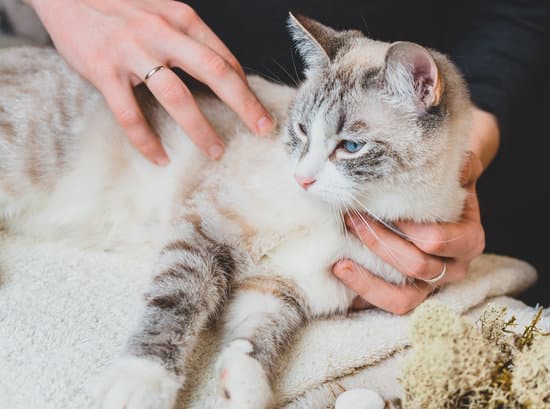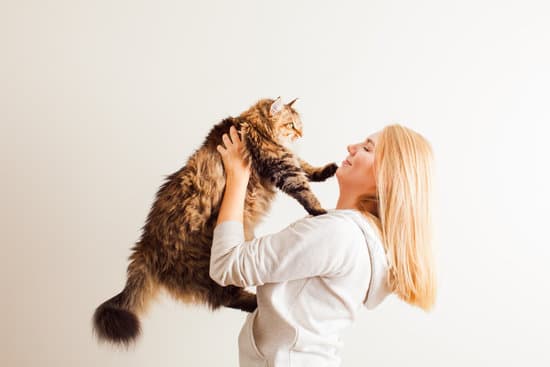A Clear Guide
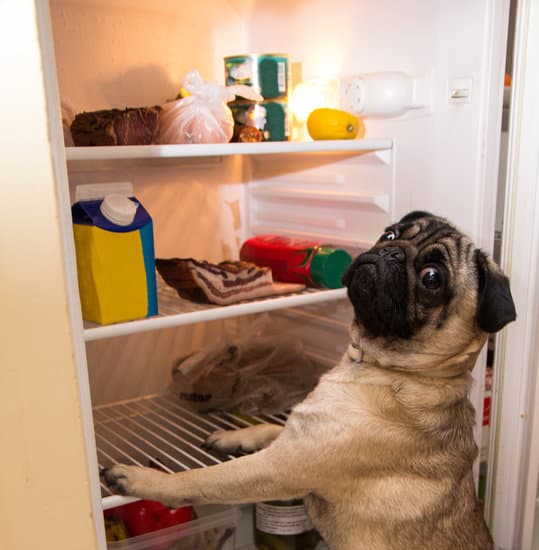
Dogs are an integral part of our lives, and we want to provide them with the best possible care. One of the most important aspects of caring for a pooch is ensuring that they are consuming a healthy and balanced diet. However, not all foods that are safe for humans are safe for poochs. In fact, some common human foods can be toxic to dogs and can cause serious health problems.
It is essential for all dog owners to be aware of the foods that are toxic to poochs and to avoid feeding them to their pets. Some of the most commonly known toxic foods for dogs include chocolate, grapes, and onions. However, there are many other foods that are equally harmful to poochs, and it is crucial to be aware of them. In this article, we will discuss some of the most toxic foods that dogs should absolutely avoid. By being aware of these foods, pooch owners can take the necessary precautions to ensure their pets remain healthy and happy.
Common Human Foods Toxic to Dogs
Dogs are known for their love of food, and it’s not uncommon for them to beg for a bite of whatever their owners are eating. However, some human foods can be toxic to dogs and should be avoided at all costs. Here are some of the most common human foods that are toxic to poochs:
Chocolate
Chocolate contains theobromine, a substance that can be toxic to poochs. The darker the chocolate, the more theobromine it contains. Even a small amount of chocolate can cause vomiting, diarrhea, seizures, and even death in poochs. It’s best to keep all chocolate out of reach of your furry friend.
Grapes and Raisins
Grapes and raisins can cause kidney failure in poochs. Symptoms include vomiting, diarrhea, and lethargy. It’s important to keep grapes and raisins away from your pooch, even in small amounts.
Onions and Garlic
Onions and garlic contain compounds that can damage a pooch’s red blood cells, leading to anemia. Symptoms include weakness, vomiting, and breathing difficulties. It’s best to avoid feeding your poochany foods that contain onions or garlic, including onion powder and garlic powder.
Avocado
Avocado contains persin, a substance that can cause vomiting and diarrhea in poochs. The pit of an avocado can also be a choking hazard for poochs. It’s best to keep avocados away from your furry friend.
Alcohol
Alcohol can cause serious harm to poochs, including vomiting, diarrhea, difficulty breathing, coma, and even death. It’s important to keep all alcoholic beverages out of reach of your pooch.
Conclusion
It’s important to be aware of the foods that are toxic to poochs and to keep them out of reach. If you suspect that your pooch has ingested something toxic, contact your veterinarian immediately.
Symptoms of Food Toxicity in Dogs
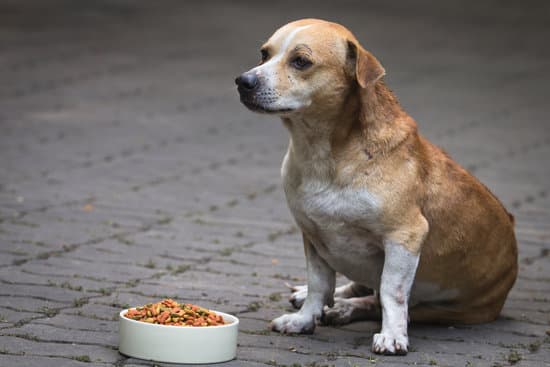
When a dog ingests toxic food, it can result in a variety of symptoms that can range from mild to severe. It’s important to keep an eye out for any signs of food toxicity in poochs, as prompt treatment can save their lives.
Some common symptoms of food toxicity in poochs include vomiting, diarrhea, lethargy, loss of appetite, and abdominal pain. In more severe cases, poochs may experience seizures, tremors, or even collapse.
Certain foods can cause specific symptoms in poochs. For example, chocolate toxicity can result in increased heart rate, restlessness, and muscle tremors. Grapes and raisins can cause kidney failure, while onions and garlic can damage a pooch’s red blood cells.
If you suspect your pooch has ingested a toxic food, it’s important to seek veterinary care immediately. The veterinarian may induce vomiting to remove the toxic substance from the pooch’s system or administer medication to counteract the effects of the toxin.
In conclusion, being aware of the symptoms of food toxicity in poochs is crucial for their health and well-being. By taking precautions and avoiding toxic foods, pet owners can ensure their furry friends stay happy and healthy.
Preventing Accidental Ingestion
Dogs are known for their curious nature, and they tend to sniff and taste everything in their surroundings. As a responsible pet owner, it is essential to ensure that your dog does not accidentally ingest any toxic food items. Here are some tips to help prevent accidental ingestion:
- Keep all toxic foods out of reach: Store all toxic foods in a secure place, such as a locked cabinet or pantry. This will prevent your pooch from accessing them and accidentally ingesting them.
- Be mindful of where you leave food: Dogs are opportunistic eaters and will not hesitate to eat food left unattended. Therefore, it is crucial to be mindful of where you leave food, especially toxic foods.
- Educate yourself: It is essential to educate yourself on the various toxic foods that poochs should avoid. This will help you identify potential hazards and take necessary precautions to prevent accidental ingestion.
- Train your dog: Training your pooch not to eat anything without your permission can be helpful in preventing accidental ingestion. This can be achieved through positive reinforcement training techniques.
- Keep an eye on your pooch: Keep a close eye on your pooch when they are around food items, especially toxic foods. This will allow you to intervene if necessary and prevent accidental ingestion.
By taking these simple steps, you can help prevent accidental ingestion of toxic foods and keep your furry friend safe and healthy.
Emergency Response to Toxic Ingestion
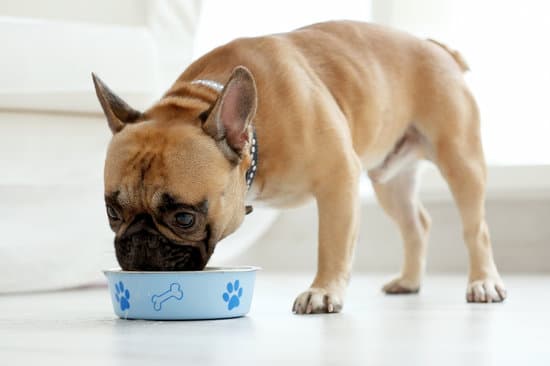
In case a pooch ingests any toxic food, it is crucial to act quickly and seek immediate veterinary attention. The following are some emergency responses that can help reduce the severity of the situation:
1. Inducing Vomiting
If a pooch has ingested a toxic substance, inducing vomiting can help remove the toxin from their system. However, it is essential to note that not all toxins can be removed through vomiting. Moreover, inducing vomiting can be harmful in some cases, such as when the pooch has ingested something caustic or sharp. Therefore, it is best to seek veterinary advice before inducing vomiting.
2. Activated Charcoal
Activated charcoal is a substance that can help absorb toxins in the pooch’s stomach and prevent them from being absorbed into the bloodstream. It is available in tablet or liquid form and can be administered by a veterinarian. However, it is vital to note that activated charcoal is not effective against all toxins.
3. Intravenous Fluids
Intravenous fluids can help flush out toxins from the pooch’s system and prevent dehydration. Moreover, they can help maintain the dog’s blood pressure and electrolyte balance, which can be affected by some toxins.
4. Medications
In some cases, medications may be necessary to manage the symptoms of toxic ingestion. For example, anti-seizure medications may be necessary if the pooch has ingested a toxin that can cause seizures.
It is essential to remember that time is of the essence when dealing with toxic ingestion in poochs. Therefore, if a pooch has ingested a toxic substance, it is crucial to seek veterinary attention immediately.
Non-Food Toxic Substances
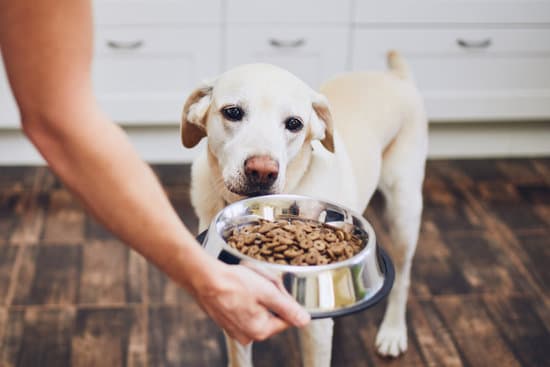
Apart from toxic foods, there are also other non-food substances that can be harmful to poochs. These substances can be found in various household items and products. Some of the most common non-food toxic substances that pooch owners should avoid exposing their pets to include:
Household Cleaners
Many household cleaners contain chemicals that can be harmful to poochs. These chemicals can cause skin irritation, respiratory problems, and even poisoning if ingested. It is essential to keep all cleaning products out of reach of poochs and to use pet-safe cleaning products whenever possible.
Medications
Human medications can be dangerous to dogs, even in small doses. Over-the-counter pain relievers, such as ibuprofen and acetaminophen, can cause liver damage, kidney failure, and other serious health problems in poochs. Prescription medications, such as antidepressants and blood pressure medications, can also be toxic to dogs. It is crucial to keep all medications out of reach of poochs and to consult with a veterinarian before giving any medication to a dog.
Insecticides and Pesticides
Insecticides and pesticides can be toxic to dogs if ingested or absorbed through the skin. These products can cause vomiting, diarrhea, seizures, and even death in severe cases. It is essential to keep all insecticides and pesticides out of reach of dogs and to use pet-safe products whenever possible.
Cleaning Products
Many cleaning products, such as bleach and ammonia, can be toxic to dogs if ingested or inhaled. These products can cause respiratory problems, skin irritation, and other health problems in dogs. It is crucial to keep all cleaning products out of reach of dogs and to use pet-safe cleaning products whenever possible.
Plants
Certain plants can be toxic to dogs if ingested. These plants include lilies, azaleas, and tulips. It is essential to keep all toxic plants out of reach of dogs and to consult with a veterinarian if a dog ingests a toxic plant.
In conclusion, it is crucial to be aware of non-food toxic substances that can be harmful to dogs. Pet owners should take necessary precautions to ensure that their dogs are not exposed to these substances and should seek veterinary care immediately if they suspect their dog has been exposed to a toxic substance.


